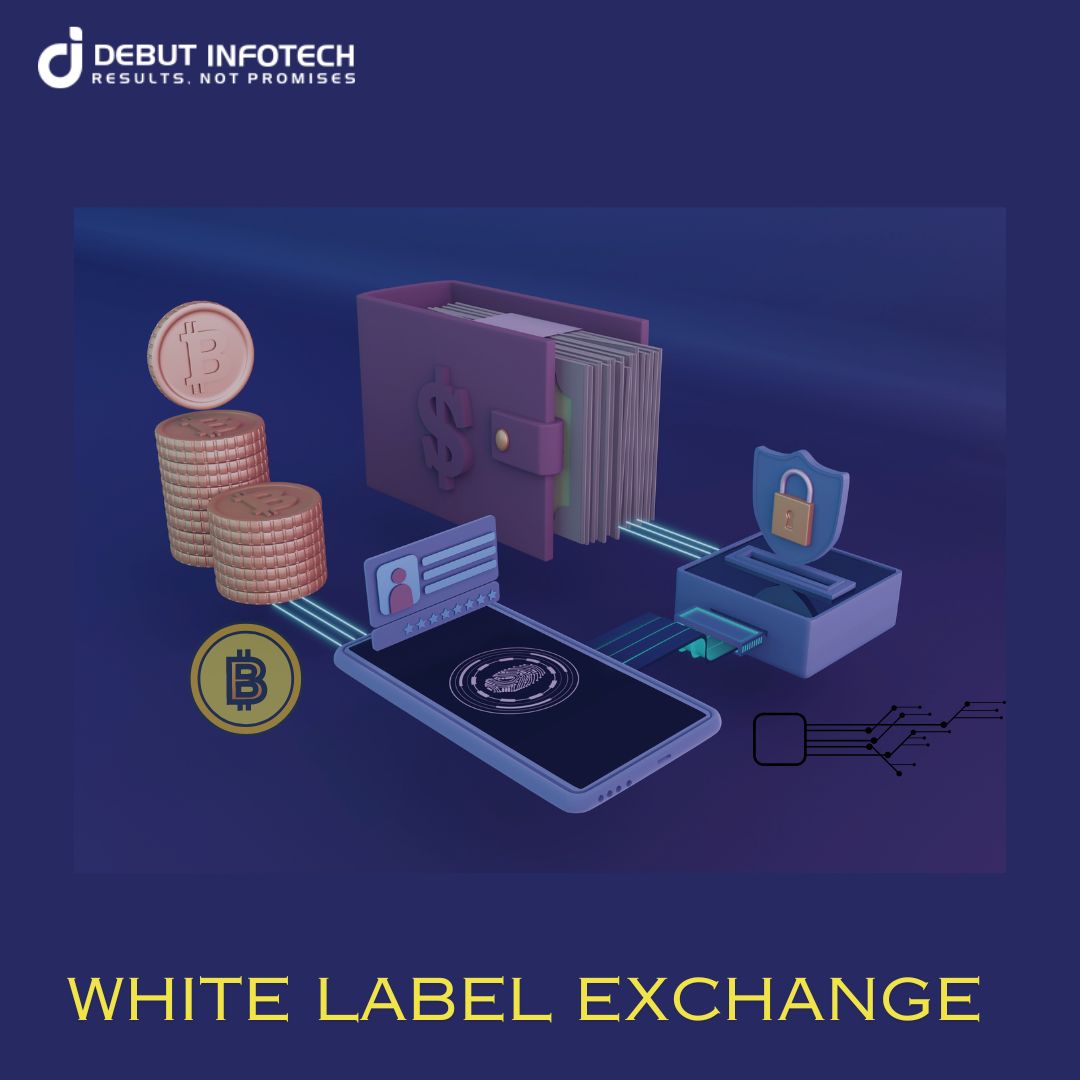Introduction to White Label Exchange
In the rapidly evolving landscape of cryptocurrency, white label exchange have emerged as a powerful solution for businesses looking to enter the crypto trading market with minimal upfront investment and technical expertise. A white label exchange is essentially a pre-built platform that can be customized and branded by a company, allowing them to launch their own cryptocurrency exchange quickly and efficiently. This approach provides a cost-effective and time-saving alternative to developing an exchange from scratch, enabling businesses to focus on marketing and customer acquisition.
Why Choose a White Label Exchange?
Cost-Effective Solution
Building a cryptocurrency exchange from the ground up requires significant resources, both in terms of time and money. By opting for a white label solution, businesses can avoid the high costs associated with development, testing, and maintenance. This allows them to allocate their budget more effectively, investing in areas such as marketing, customer support, and platform enhancements.
Quick Time to Market
In the competitive world of cryptocurrency, being first to market can provide a significant advantage. White label exchanges allow businesses to launch their platforms much faster than if they were to build their own from scratch. This rapid deployment capability ensures that companies can capitalize on market opportunities as they arise, without being held back by lengthy development cycles.
Customization and Branding
One of the main advantages of a white label exchange is the ability to fully customize and brand the platform. This means businesses can create a unique user experience that aligns with their brand identity and meets the specific needs of their target audience. Customization options typically include the ability to adjust the user interface, add new features, and integrate with third-party services.
Key Features of a White Label Exchange
Robust Security Measures
Security is a top priority for any cryptocurrency exchange, and white label solutions are no exception. Leading white label exchanges come equipped with advanced security features such as multi-signature wallets, two-factor authentication (2FA), encryption protocols, and regular security audits. These measures help to protect user funds and personal information from potential threats.
User-Friendly Interface
A seamless and intuitive user interface is crucial for attracting and retaining users. White label exchanges typically offer customizable interfaces that are designed to be user-friendly, ensuring a smooth trading experience for both novice and experienced traders. Features such as real-time market data, easy-to-navigate dashboards, and responsive design contribute to a positive user experience.
High Liquidity
Liquidity is essential for the success of any cryptocurrency exchange. White label exchanges often come with built-in liquidity solutions, such as integration with major liquidity providers and market makers. This ensures that users can trade a wide range of cryptocurrencies with minimal slippage and competitive pricing.
Comprehensive Trading Tools
To attract serious traders, a white label exchange must offer a suite of advanced trading tools. These can include features such as margin trading, stop-loss orders, and charting tools with technical analysis indicators. Providing these tools enables traders to execute their strategies effectively and enhances the overall attractiveness of the platform.
Regulatory Compliance
Navigating the complex regulatory landscape is a critical aspect of operating a cryptocurrency exchange. White label solutions are designed to comply with the latest regulatory requirements, including KYC (Know Your Customer) and AML (Anti-Money Laundering) procedures. This ensures that the exchange operates within the legal framework and builds trust with users.
P2P Crypto Exchange: Enhancing Decentralization
A significant trend in the cryptocurrency market is the rise of p2p crypto exchange. These platforms facilitate direct transactions between users without the need for an intermediary. Integrating P2P functionality into a white label exchange can offer several benefits:
Increased Privacy
P2P exchange allow users to trade directly with each other, enhancing privacy and reducing the need for extensive personal information disclosure. This aligns with the core principles of decentralization and privacy that underpin the cryptocurrency movement.
Reduced Transaction Fees
By eliminating intermediaries, P2P exchanges can offer lower transaction fees compared to traditional exchanges. This cost-saving benefit can attract cost-conscious traders and increase trading volume on the platform.
Global Accessibility
P2P exchange are inherently borderless, enabling users from around the world to trade with each other without restrictions. This global accessibility can help to expand the user base and drive growth for the exchange.
How to Choose the Right White Label Exchange Provider
Evaluate Security Protocols
When selecting a white label exchange provider, it is crucial to evaluate the security protocols they have in place. Look for providers that offer multi-layered security measures, regular audits, and a proven track record of safeguarding user funds.
Check Customization Options
The ability to customize the platform to meet your specific needs is a key consideration. Ensure that the provider offers a high degree of flexibility in terms of branding, feature integration, and user interface adjustments.
Assess Liquidity Solutions
High liquidity is vital for the success of your exchange. Choose a provider that has established partnerships with major liquidity providers and offers solutions to ensure a steady flow of trades.
Review Customer Support
Reliable customer support is essential for the smooth operation of your exchange. Opt for a provider that offers comprehensive support services, including technical assistance, onboarding support, and ongoing maintenance.
Consider Regulatory Compliance
Ensure that the white label solution complies with the latest regulatory requirements. This includes robust KYC and AML procedures, as well as adherence to local and international laws.
Conclusion
In conclusion, white label exchange offer a powerful and efficient solution for businesses looking to enter the cryptocurrency market. By providing a customizable, secure, and cost-effective platform, white label solutions enable companies to launch their own branded exchange quickly and capitalize on market opportunities. As the cryptocurrency market continues to grow, the demand for white label exchanges is set to increase, making it an attractive option for forward-thinking businesses.






Comments